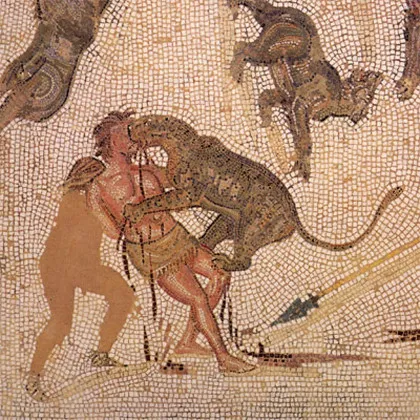Paul's Second Epistle to Timothy, Part 5: Censure and Exhortation

Paul's Second Epistle to Timothy, Part 5: Censure and Exhortation
This will be the 121st presentation in our commentaries on the Epistles of Paul of Tarsus, and, at least for now, it shall be the final segment of the series. Here we conclude an endeavor which we began on March 28th, 2014, with our first presentation on the epistle to the Romans. We praise Christ for having had the opportunity to do this, and we pray that all of those unrighteous skeptics of Paul’s epistles take the time to read or listen to this work. As we have said many times in the past, Paul’s epistles were the glue by which the message of reconciliation in the Gospel of Christ was adhered to the lost sheep of the Houses of Judah and Israel – the anciently scattered tribes who are those for whom Christ had come. The importance of this within the greater history of our Adamic race cannot be overlooked. In the history of Israel, Paul was every bit as important as any of the ancient prophets – for it is he who truly understood and taught the relevance of the prophecies and histories of the children of Israel in the light of the Gospel of Christ, even if the world has been blind to the truth of this message for at least the last 1800 years. In the formative years of the Roman Church, imperialism prevailed over identity.
But as we have explained elsewhere, and in diverse ways, while this is the last epistle in our presentation, it is not the last of Paul’s surviving epistles in the order of their writing. We have not presented these epistles in the order in which they were written. Rather, we adhered to the order found in the King James Version of the Bible, with a couple of exceptions. We moved Hebrews to precede the pastoral epistles, as we believe that it belongs with the nine epistles which Paul had written to other Christian assemblies. We also moved Philemon and presented it along with Colossians, since Philemon was a Colossian and Paul wrote to him individually concerning his slave Epaphras at the same time that he wrote his letter to the Colossians.





 Please click here for our mailing list sign-up page.
Please click here for our mailing list sign-up page.







